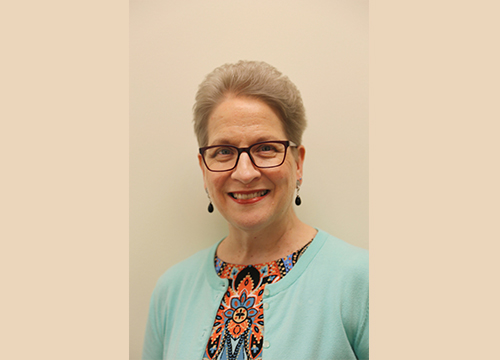Sixth Sunday of Easter Acts 15:1-2, 22-29; Ps 67:2-3, 5, 6, 8; Rv 21:10-14, 22-23; Jn 14:23-29
In these final weeks of the Easter season, we hear hopeful whisperings about the coming of the Holy Spirit. In today’s Gospel, Jesus begins, “Whoever loves me will keep my word, and my Father will love him, and we will come to him and make our dwelling with him.”
This talk of the divine persons dwelling with human beings recalls the voice from the throne in last week’s vision from Revelation: “Behold, God’s dwelling is with the human race. He will dwell with them and they will be his people and God himself will always be with them as their God.”
Jesus puts a name (or two or three) to this indwelling presence of God: “I have told you this while I am with you. The Advocate, the Holy Spirit, whom the Father will send in my name, will teach you everything and remind you of all that I have told you.” Though Jesus himself must depart, his disciples will not be left orphan. Indeed, divine help is on the way.
This Holy Spirit, active in the world since the dawn of creation, will now be recognizable as the same Spirit that filled the human person, Jesus. Sent by the Father in the name of Jesus, this One will bring into the midst of his disciples the enduring presence of the Risen Christ and continue to teach them everything. Hint: The disciples will need to learn as they go.
As Advocate, this One will plead with the Father on behalf of the people: “…the Spirit too comes to the aid of our weakness; for we do not know how to pray as we ought, but the Spirit itself intercedes with inexpressible groanings. And the one who searches hearts knows what is the intention of the Spirit, because it intercedes for the holy ones according to God’s will” (Rom 8:26-27).
These actions of the Holy Spirit, as teacher, advocate and intercessor energize the spiritual discipline of discernment — discovering the will of God in all circumstances, especially in complex ones. Jesus knows that situations will arise that will challenge his followers to examine their presumptions and stretch beyond their comfort zones. It doesn’t take long.
The reading from Acts recounts one such situation. Though the life and ministry of Jesus clearly revealed the Father’s all-embracing mercy, when it comes to incorporating the others (Gentiles) into the Body of Christ, some disciples want to play it safe — by the old rules (“according to the Mosaic practice”).
This adherence-by-default to long-accepted religious norms generates discord: Some insist that Gentile converts be circumcised, essentially becoming Jewish, before they can be saved. Others, notably Paul and Barnabas, view this as unnecessary for, and indeed contrary to, salvation by grace.
As described in Acts 15:3-21, missing from today’s more concise Lectionary version, resolution of the conflict requires pilgrimage to Jerusalem, public debate, compelling testimony, silence, deep listening and reevaluation of tradition.
The Council of Jerusalem begins with intense and extended argument. “After much debate,” Peter reminds those gathered of recent boundary-defying actions of the Holy Spirit that have generated new insights into God’s will regarding the Gentiles. Stunned into silence, the assembly listens as Paul and Barnabas tell of signs and wonders worked by God.
Finally, James weighs in, invoking the prophet Amos to show how God’s intention to call all humanity into relationship has long been a part of the tradition.
In this process of discernment, the Holy Spirit moves the community (“the apostles and presbyters, in agreement with the whole Church”) to write a letter and send a delegation announcing the outcome: “It is the decision of the Holy Spirit and of us not to place on you any burden beyond these necessities.”
A handful of prohibitions remain, those deemed essential for mixed communities, including Jewish and Gentile believers, to participate in Eucharist and share life in the Body of Christ.
Melanie holds a master’s in pastoral studies from Loyola University, New Orleans.

